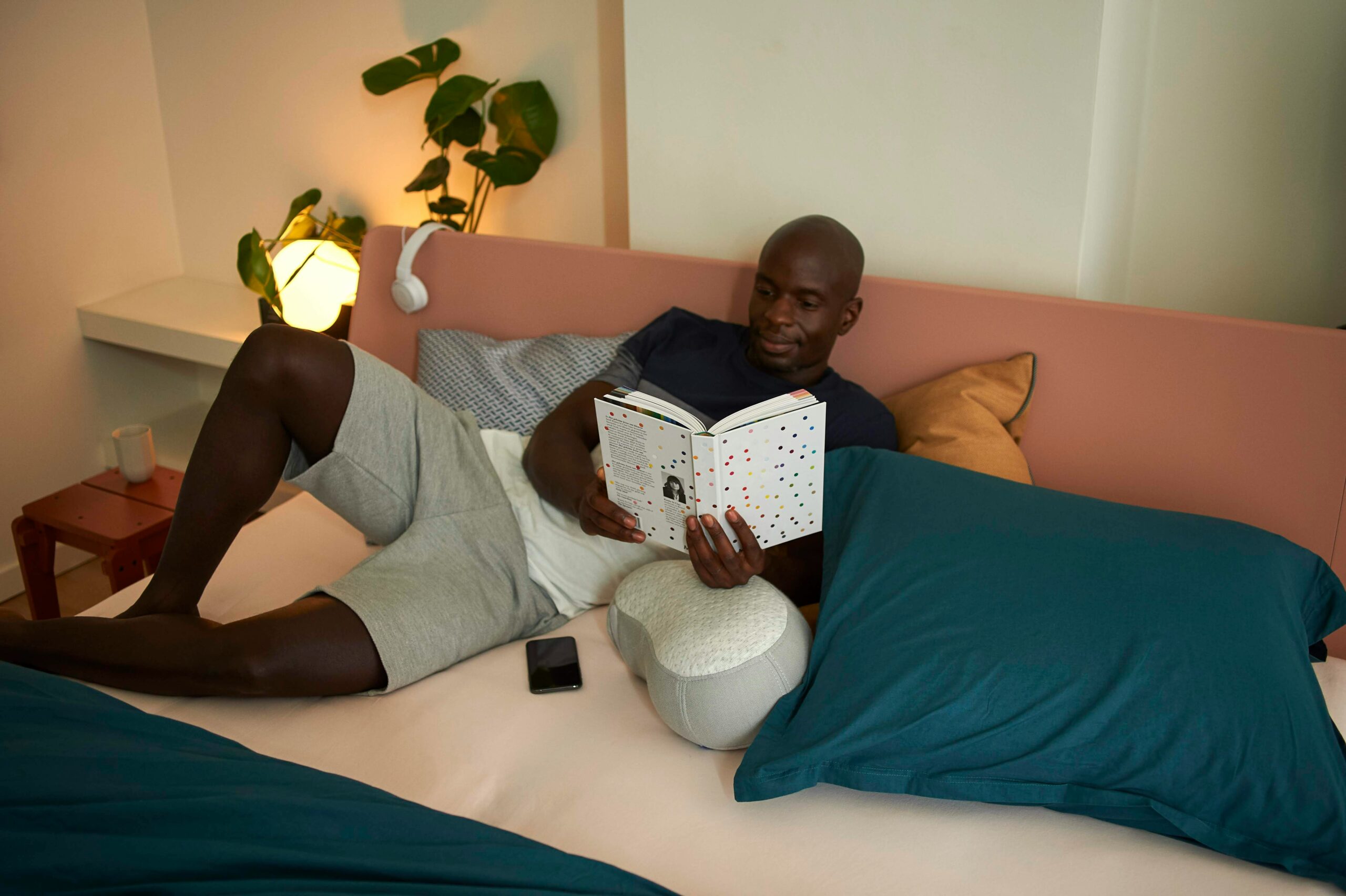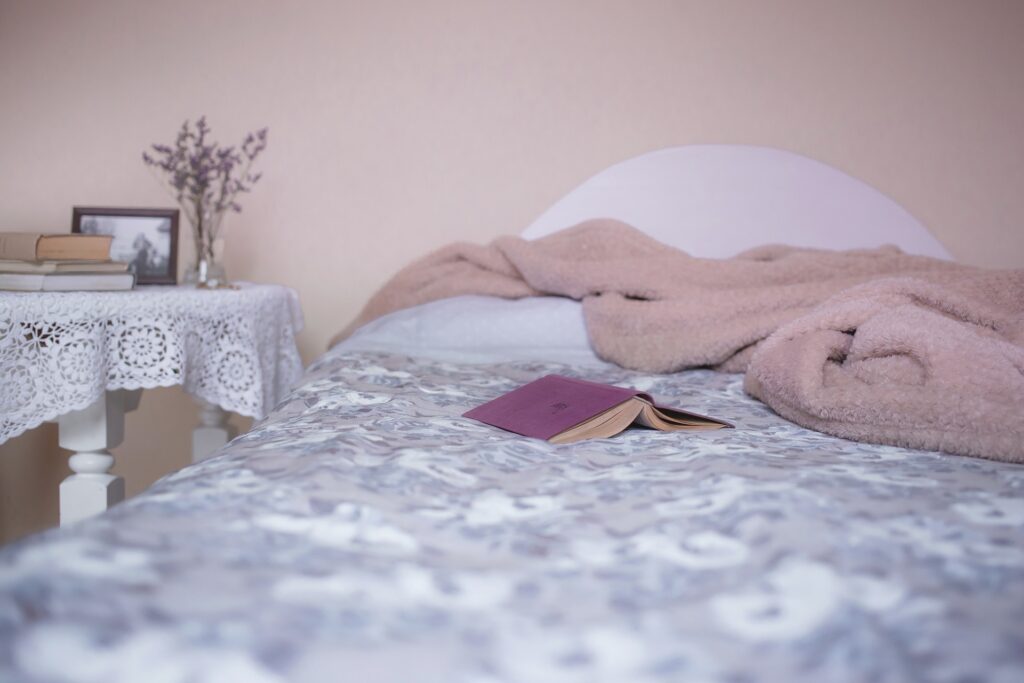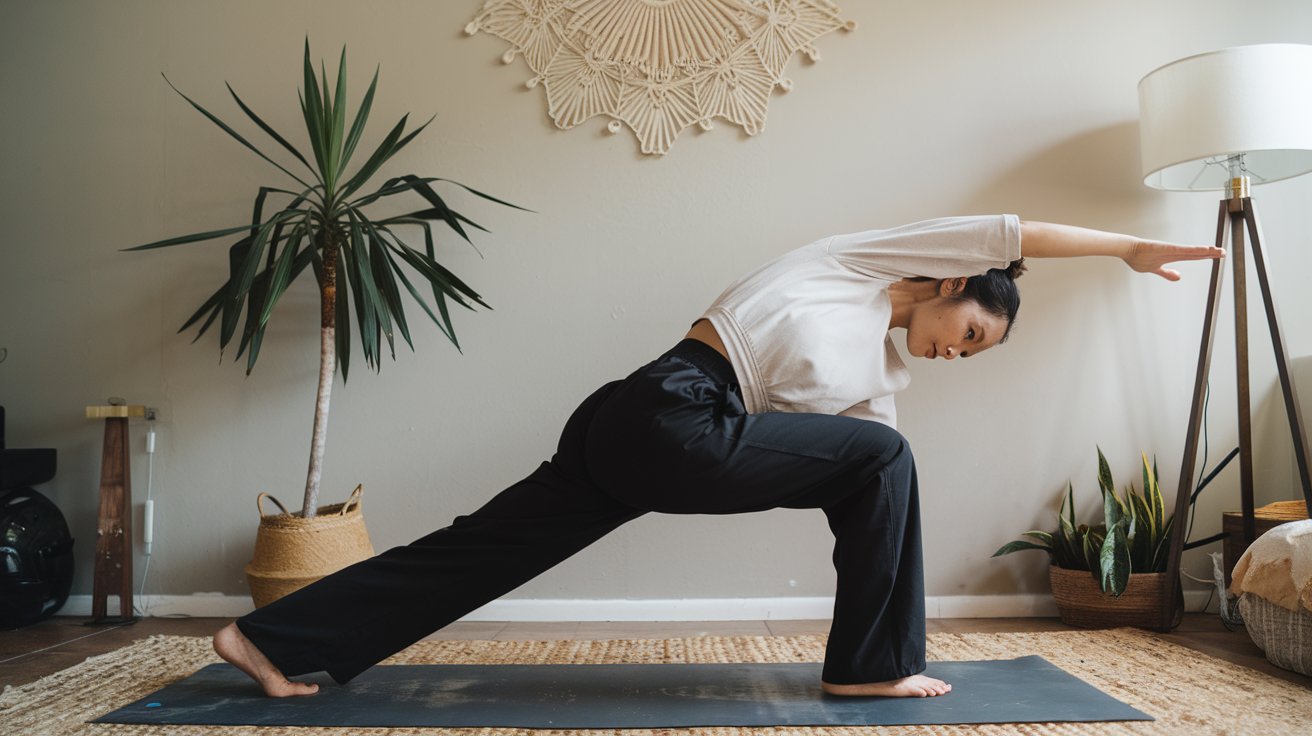
Insomnia is a widespread sleep disorder that can make it tough to get a good night’s rest. Stress, often linked to our busy, modern lives, is a major culprit. However, insomnia can also be a symptom of other health issues, including anxiety disorders.
Experts have spent years researching ways to combat sleeplessness, and the good news is that there are several effective strategies you can try. By incorporating these tips into your daily routine, you can enjoy better sleep and overall well-being.
Get Moving!
One of the simplest ways to improve your sleep is through regular exercise. Just 30 minutes of light exercise, three times a week, can do wonders for your sleep quality. However, it’s best to avoid working out too late in the day, as this can make it harder to wind down.
Find Your Zen

If your beliefs allow, meditation is a fantastic way to reduce stress and improve sleep. Studies have shown that practices like yoga can be just as effective as sedatives in managing chronic insomnia and lowering stress levels.
Ditch the Screens
The blue light emitted by smartphones, tablets, and other devices can interfere with your body’s melatonin production, making it harder to fall asleep. Try turning off your gadgets at least an hour before bedtime. Plus, staying off social media can help keep stress at bay, making it easier to relax.
Create a Sleep-Friendly Environment

Your brain loves routines, so it’s important to create a clear distinction between sleep time and other activities. Avoid reading, watching TV, or using electronic devices in bed. By reserving your bed for sleep, you’ll train your brain to recognize when it’s time to hit the hay.
Eat Smart
Eating late or indulging in heavy, hard-to-digest foods can keep you up at night. Try to have dinner earlier and opt for lighter meals to give your digestive system a break. This can help prevent heartburn and make it easier to fall asleep.
Snack Wisely
Certain snacks can actually help you sleep better. Foods rich in carbohydrates and protein, like rice cakes and eggs, and those containing tryptophan, such as cheese and milk, can be beneficial. Many people see positive results after just a few weeks of making these dietary changes.
Cool Down
Sleeping in a cool environment can improve the quality of your sleep. Avoid heavy pajamas and thick blankets, which can cause you to wake up sweating in the middle of the night. A cooler room can help you sleep more soundly and wake up feeling refreshed.
Use Sleeping Pills Sparingly

While sleeping pills can be a quick fix for a restless night, they’re best used sparingly. Relying on them regularly can lead to unpleasant side effects and even addiction. It’s better to explore natural methods first before considering medication.
Insomnia doesn’t have to be a permanent fixture in your life. By adopting healthy habits like exercising, meditating, avoiding screens before bed, and choosing sleep-friendly foods, you can improve your sleep quality without the need for medication. It might take some time and effort, but these changes can lead to better sleep and overall health.
A Gentle Reminder: This article is meant to provide general information and is not a substitute for professional medical advice. If you’re experiencing severe or persistent insomnia, please consult a healthcare professional.
Featured Photo by Somnox Sleep on Unsplash





Leave a Reply